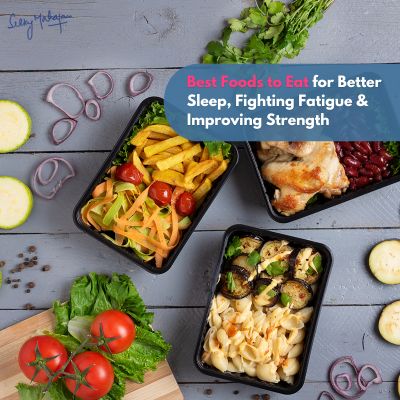These days, frozen and ready-to-cook meats are everywhere, from supermarkets to online platforms. They offer a convenient solution for busy lifestyles, but are they really worth it for your health? Let’s dive into the details to understand the benefits and potential drawbacks of these popular meal options.
The Nutritional Aspect of Frozen Meats
Frozen meals can preserve nutrients reasonably well. Freezing helps slow down the degradation of vitamins and minerals, maintaining a good portion of the nutritional value found in fresh meats.
This means that frozen meats can be a convenient way to ensure you’re still getting essential nutrients, especially when fresh options are not available.
Potential Health Risks: Additives and Preservatives
However, the healthiness of frozen and ready-to-cook meats varies based on ingredients, processing, and additives. Some ready-to-cook meats may contain added sodium, preservatives, or unhealthy fats to enhance flavor or prolong shelf life.
These additives can pose health risks if consumed in large amounts, contributing to issues like high blood pressure, heart disease, and obesity.
Choosing Healthier Options
Opting for lean cuts of meat without added ingredients can be a healthier choice. Here are some tips for selecting the best options:
- Read the Labels: Look for products with minimal additives and low sodium content.
- Choose Lean Cuts: Select meats that are labeled as lean or extra-lean to reduce fat intake.
- Avoid Preservatives: Whenever possible, pick meats that do not list preservatives or artificial ingredients.
Benefits of Homemade Alternatives
Preparing your own meals with fresh ingredients is often the best way to ensure you’re consuming healthy, nutritious food. Here are a few benefits of making your meals at home:
- Control Over Ingredients: You can choose high-quality, fresh ingredients and avoid unwanted additives.
- Nutritional Balance: Customize your meals to include a balance of protein, healthy fats, and vegetables.
- Healthier Cooking Methods: Opt for baking, grilling, or steaming instead of frying to reduce unhealthy fat intake.
Final Thoughts
While frozen and ready-to-cook meats can offer convenience, it’s crucial to be mindful of their nutritional content and potential additives. By reading labels and choosing healthier options, you can enjoy the benefits without compromising your health. Remember, preparing meals at home with fresh ingredients is always a great alternative to ensure you’re eating nutritious and delicious food.
In case of any related query related to nutrition or weight management book an appointment with Dt. Silky Mahajan .You can also send us a mail at info@foodsandnutrition.in or call on 7829999400. Follow us on facebook & instagram for latest updates.







